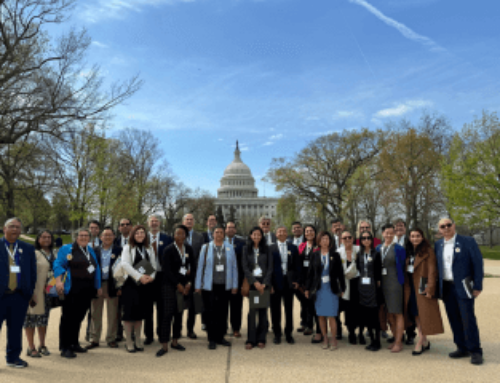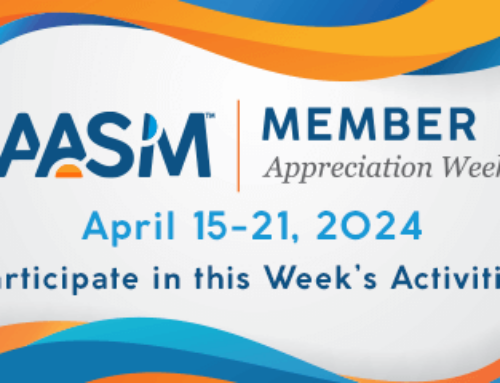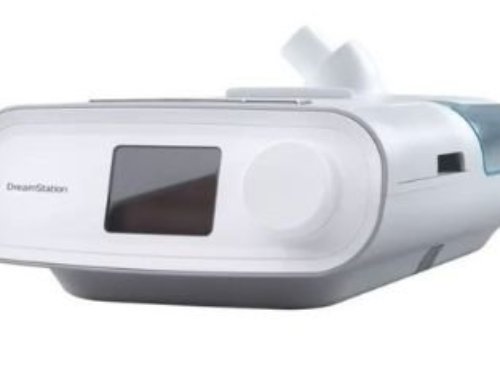This week the U.S. Department of Health and Human Services (HHS) announced proposed changes to modernize and clarify the regulations that interpret the Physician Self-Referral Law (the “Stark Law”) and the Federal Anti-Kickback Statute.
According to an HHS press release, the Stark Law’s new value-based exceptions, under the proposed rule issued by the Centers for Medicare & Medicaid Services (CMS), acknowledge that incentives are different in a health care system that pays for value, rather than the volume, of services provided. (Read the CMS proposed rule.) They include proper safeguards that ensure the Stark Law will continue to provide meaningful protection against overutilization and other harms, while giving physicians and other health care providers added flexibility to improve the quality of care for their patients.
HHS also noted that the proposed changes to the regulations related to the Federal Anti-Kickback Statute and the Civil Monetary Penalties Law issued by the Office of Inspector General (OIG) would, if finalized, address the longstanding concern that these laws unnecessarily limit the ways in which health care providers can coordinate care for patients. (Read the OIG proposed rule.) The changes would offer flexibility for beneficial innovation and improved coordinated care through, for example, outcome-based payment arrangements that reward improvements in patient health. The changes would also make it easier for physicians and other health care providers to ensure they are complying with the law by offering specific safe harbors for these arrangements.
Last year CMS requested input on how to address any undue burden of the Stark Law. The AASM submitted comments about Stark Law reform, recommending exceptions for the provision of positive airway pressure (PAP) therapy for obstructive sleep apnea (OSA) and for alternative payment model (APM) participants.
The AASM is reviewing the HHS and OIG proposed rules and will submit feedback during the open comment period. AASM members can submit questions or comments about the proposed rules to policy@aasm.org.









